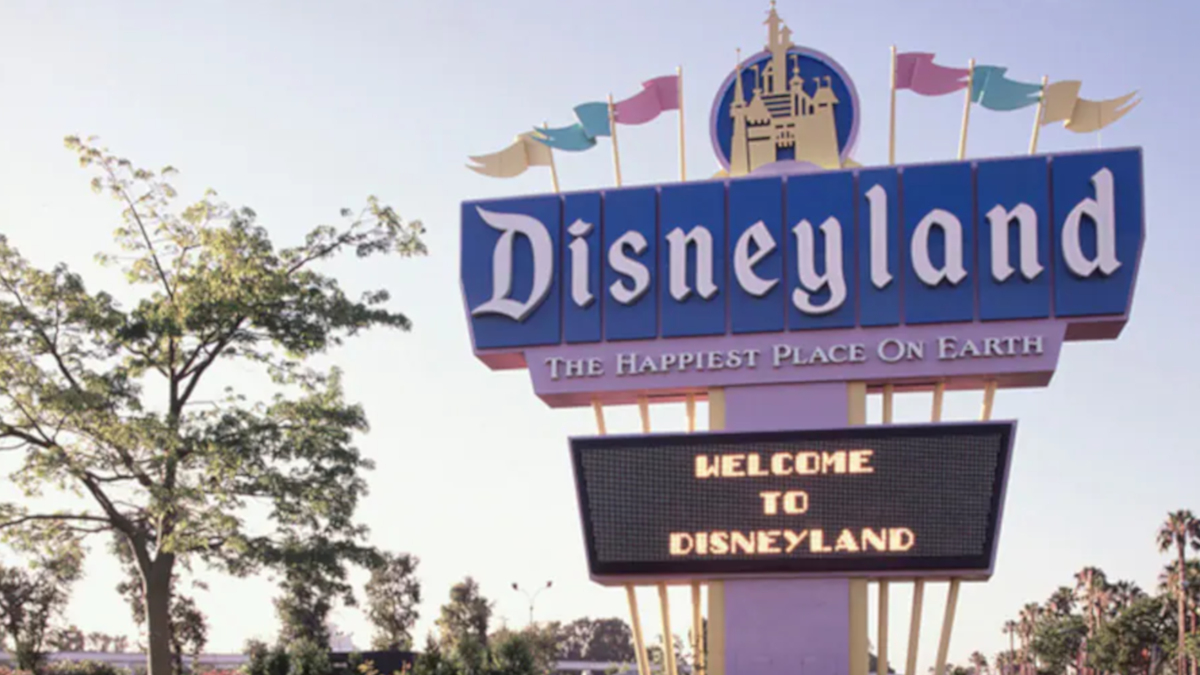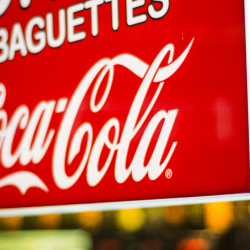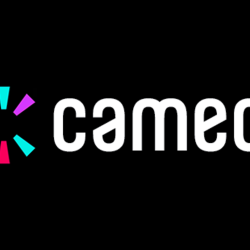When Thomas More coined ‘utopia’ he chose the name carefully. Derived from Greek, it translates as “nowhere” to emphasize it was impossible to achieve. Imperfect humans cannot create a perfect place. It’s a confusing work, often interpreted as satire. In ‘Utopia’, there is a welfare state, free hospitals, women can be priests, no private property but they have slaves. See, confusing. It would be 300 years before John Stuart Mill coined its opposite, dystopia, meaning ‘bad place’. Humanity is suppressed by Orwell’s Big Brother and propagandistic Newspeak, whereas Huxley’s Brave New World kept people passive with drugs and immersive entertainments called ‘feelies’. These briefest highlights surely clarify why such ideas have become common again, as elements from fiction appear in the present.
Advertising dramatizes extreme situations from mundane problems and makes glorious promises of extreme consequences from everyday consumer products
It bounces from dystopian depictions to utopian promises. We accept these as ‘puffery’ – exaggerated claims that are so obvious consumers couldn’t literally believe them and hence aren’t ‘false advertising’. Brand communication naturally tends towards self aggrandizement. Gillette called itself “The Best a Man Can Get” for decades. Coors Light calls itself “The World’s Most Refreshing Beer”. BMW was the “Ultimate Driving Machine” and Disneyland is the “Happiest Place on Earth”. However, we should always consider other options, especially if we want to stand out when so many brands claim to be THE best.
Utopias are impossible and dystopias unlikely. Techno-utopians over sold technology as the solution to every problem whilst ignoring the negative externalities. In Automation and Utopia: Human Flourishing in a World Without Work, the philosopher John Danaher takes up the Keynesian observation that increased automation will cut down the working week. That hasn’t happened as yet, for various structural and sociological reasons, as people either work two jobs to make ends meet or long hours and weekends in highly paid ‘white collar’ jobs. The Great Resignation continues across all industries. Advertising, famous for long hours and last minute requests on a Friday night, is experiencing its own talent crisis. Danaher suggests automation will inevitably make human work obsolete, which could be good because we could spend our time in leisure and intellectual pursuits in a virtual utopia, a vision that Meta seems to endorse.
But Metaverses don’t exist yet and we all still have to work, so what about now?
The founder of Wired Magazine Kevin Kelly offers an alternative: “I think our destination is neither utopia nor dystopia nor status quo, but protopia. Protopia is a state that is better than today than yesterday, although it might be only a little better.”
Instead of pessimism or optimism, he counsels meliorism, that belief that things can get better. Things aren’t the best but they can improve. Advertisers have also seen great success with this humble approach. DDB’s classic Avis campaign proudly announced they were number two with the slogan “We Try Harder”. A much loved British Rail advert from the 1980’s promised “We’re getting there”. Maybe instead of grand social purposes brands could just try to make things a little better for their customers? Maybe answer the phone a bit faster?
A paper in the Journal of Consumer Research helps explain why. In “We’ll Be Honest, This Won’t Be the Best Article You’ll Ever Read: The Use of Dispreferred Markers in Word-of-Mouth Communication”, the authors explain that consumers “frequently seek refuge from the carefully crafted messages of professional marketers by seeking out unvarnished opinions of other consumers”. Negative information is more likely to be diagnostic but we find it socially awkward to be too negative. Thus people soften pronouncements with phrases like “I’ll be honest,” “Don’t get me wrong,” or “I don’t want to be mean, but . . . .” The paper concludes that “consumers evaluate communicators who use dispreferred markers as both more credible and more likeable than communicators who assert the same information without.”
Being more credible and likeable seems like a good thing for brands, especially brands in the UK where the braggadocious mode of US advertising can come across a bit strong. Don’t get me wrong, there’s some great ads over there, but you know what I mean. So perhaps consider a protopian approach to advertising and communicate that your brand is trying to get a little better every day. I’ll be honest, I don’t know if that’s a great idea, but hopefully you like me and find me more credible now anyway.
Featured image: Disneyland / Disney parks blog
































